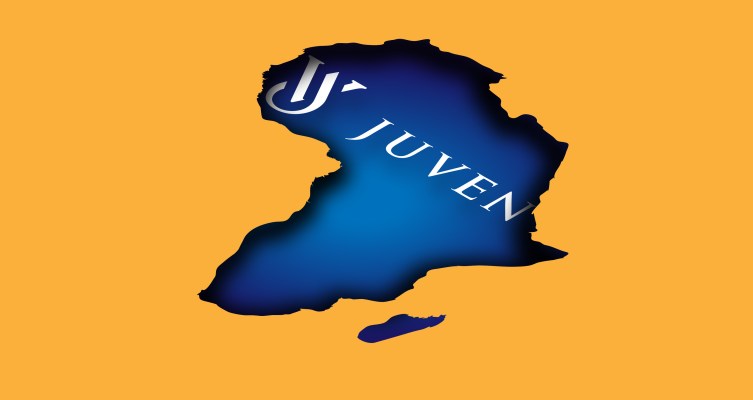
Mauritius and U.K.-based investment company Juven went live today with plans to fund growth-stage technology and consumer companies in Africa.
The one-year-old firm is looking to invest large checks in companies “that have proven business models, strong revenue traction and large addressable markets,” it said in a statement.
Juven is one of the few investment firms targeting growth deals on the continent, including TLcom, Novastar and Partech Africa, that have written significant checks in tech companies in recent years.
But unlike the others, Juven is not a venture capital fund; the evergreen investment company is a spinoff from Goldman Sachs’ Africa principal team responsible for making several high-growth investments in the tech scene since 2014.
Juven founder Jules Frebault led the Africa team, the Special Situations Group. He joined Goldman Sachs in 2010 and grew out the department’s strategy from a London office to back companies that could make good returns on the continent.
The team first made some investments across private equity and credit; the most notable bets were in telecom-led businesses and towers like the IHS Towers.
Down the line, Goldman Sachs dipped its hand into growth-stage investing in tech companies, backing Africa’s first unicorn Jumia, Zipline and Eat’N’Go. It also led investments in Unicaf’s Series B round, Jumo’s second Series B, Kobo360’s Series A and Twiga Foods’ Series B round.
Frebault tells TechCrunch that the Juven team spun out off Goldman Sachs to “go after the growth-stage opportunity in Africa with a dedicated structure, capital, resources and mandate.”
Thus, Goldman Sachs transferred its growth portfolio — Unicaf, Jumo, Kobo360, Twiga and Eat’N’Go — to Juven. Some former Goldman Sachs employees also left with Frebault to build out Juven’s operations.
The firm is structured to have a holding company and a balance sheet that holds its assets and cash. This way, when an investment is monetized, the capital comes back and Juven redeploys it. Such methods allow for making multiple investments without raising multiple funds.
“It’s actually akin to a corporate in terms of how it’s structured,” Frebault said. “And the capital that we deploy either comes from our balance sheet or we take on follow-on investments from our shareholders.”
In that light, Juven has re-invested in four companies in its current portfolio this year. Though it plans to add more investments before the next year runs out, Frebault says the firm might not make more than three investments per year.
The average ticket size will range from $10 million to $30 million, then $50 million or more in follow-on checks. The founder says that for tech companies, which is one of Juven’s primary targets, it targets Series B and later-stage growth rounds.
Since Juven makes only a handful of investments per year, the firm will provide additional benefits around financial, legal, operational and strategic support.
“We have to be flexible and start at $10 million because it can be the right size for Series B rounds on the continent,” Frebault said. “We don’t take a venture capital approach, and we don’t invest in many companies. We take concentrated positions and then continue investing in these companies over time.”
Juven’s focus is on entrepreneurs trying to leverage tech to solve problems around access for the masses, the company said. Frebault adds that Juven may also consider non-tech companies that can solve such problems.
Although the firm says it can invest in almost anything, businesses solving problems around food, education, healthcare, financial services, commerce and logistics will most likely get a nod before others.
“We can invest in everything but what we’re staying away from is extractive industries,” the founder said.
It’s the same situation with countries as the investment firm has a preference for businesses expanding regionally in large consumer economies like Nigeria, Kenya, Egypt, South Africa, Ghana and the Ivory Coast.
Even though the team that led Goldman Sachs’ investments in Africa is now at Juven, Frebault says the 152-year-old investment giant’s Asset Management division still has a global mandate that includes Africa, albeit focusing on a larger scale and institutional activity.
Goldman Sachs declined to comment on Frebault’s move, Juven’s activity, its own broader objectives or plans for the region in the future.
from WordPress https://ift.tt/3Dj3Knn
via IFTTT



No comments:
Post a Comment